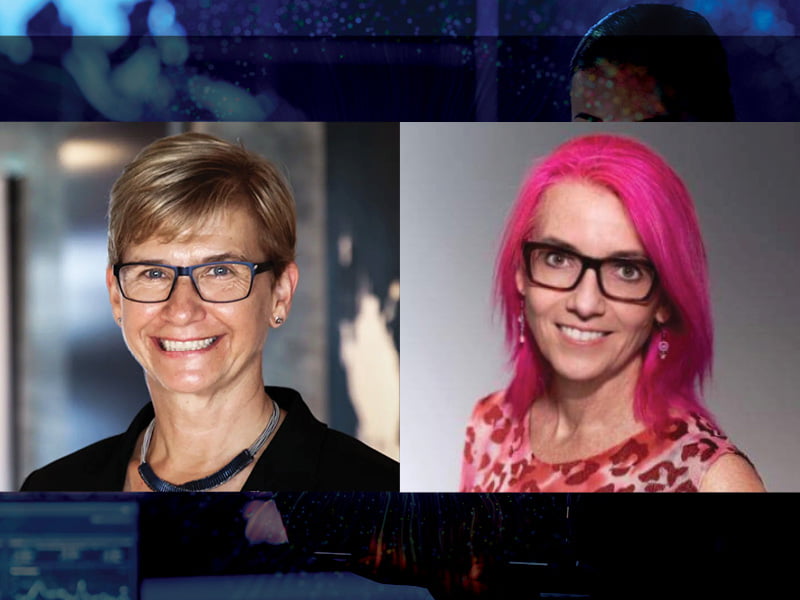In line with the Morrison government’s recent announcement of $60 million in grant funding to support cyber security projects that focus on increasing diversity in the sector, the connection between diversity of representation and secure online environments cannot be ignored.
The Cyber Security Skills Partnership Innovation Fund will particularly preference projects that seek to boost the participation of women, indigenous Australians, people based in regional and remote areas, and neurodiverse people.
Measuring this diversity accurately and broadly is an important first step to improving Australia’s performance around inclusion and advancement.

According to ANZ Bank chief information security officer Lynwen Connick, the borderless nature of online commerce and social interaction means it has never been more important to have diversity of representation inside organisations big and small.
“You need people with the right skills, you need a diversity of people who bring different views and ideas into the picture,” Ms Connick said on this week’s Counterpoint Conversations podcast.
“You really need to be able to get people from all walks of life, understanding security, and people studying security. And you need gender diversity, you need diversity of skills, you need diversity across different cultures, because we’re all connected so intimately in cyberspace.”
Research shows diversity delivers benefits including better financial performance, increased creativity and innovation, greater employee satisfaction, lower absenteeism and stronger talent retention. But there remains little data on the true state of diversity in the Australian tech industry.
Ms Connick said there are two levels to the diversity challenge. On the one hand, it is important to have diversity of background and skills around policy and cybersecurity, but it is also really important to increase diversity on the technical expertise side of the equation.
“There is a great mystique around cyber, that it must be really complicated and it’s really difficult,” she said. “And a lot of people get put off by that. But it’s actually really fun and interesting. It’s great to get into the technical side.
“And particularly, I think, for more women, I would encourage more to actually take the opportunities either to reskill, or particularly for younger women and girls at school, to think about studying those sorts of subjects.”
Verizon international products general counsel MJ Salier said that breaking down the stereotypes around what it means to work in tech and cybersecurity needs to be revised to invite in more diverse workers:
“One of the things we need to do is break down this stereotype of the hoodie and the green screen and the ones and zeros, and even the thought that you can’t be a good communicator if you’re good at technology,” she said.
“You know, I think it’s possible to be both. But I do think that the fact that you can have different focuses in that same cybersecurity space, or the STEM space is a really important point as well.”
She called for computer science employers to develop a more friendly, less “lonely” image than often currently exists when people think of careers in tech. Part of that might mean companies thinking about how they promote and recruit management.
“Of course, the best technical, cyber defence experts are not necessarily the best managers,” reflected Ms Salier.
“And I think that that’s something that companies need to think about as well. Just because someone is terrific at saving the world from cyberattacks doesn’t necessarily mean that they’re going to be the best at fostering an atmosphere which is going to attract talent and perpetuate the skills of the organisation.
“So there’s a mixed bag of skills that you need to put in to get the best outcome, for women and for the company.”
The Counterpoint Conversations podcast series was produced as a partnership between Verizon Business Group and InnovationAus.com.
Do you know more? Contact James Riley via Email.
